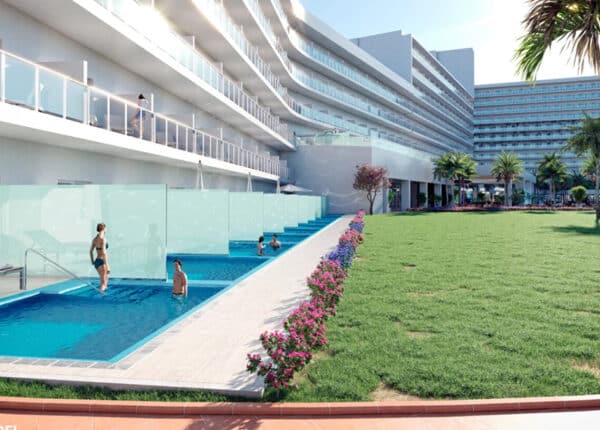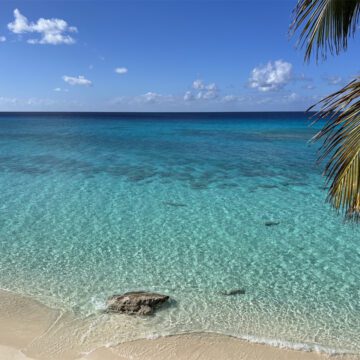Op-Ed: Energy Generation in the Caribbean Needs to Change, Part 2
By Paul Hay
Op-Ed Contributor
In part 1, I made the point that Caribbean states cannot depend on monopoly power providers to implement their renewable energy policies.
But, a strategy needs to be effected that enables operation of independent power providers (IPPs) and self-generation. However, renewable energy goals tend to be moving targets.
If renewable energy generating capacity does not increase at a faster rate than non-renewable capacity, these goals will never be met and the whole effort, though well meaning, will be self-defeating. Such has been the experience of Jamaica.
Jamaica first promulgated its energy policy in 1995. In 2001, the government privatized the sole power provider, the Jamaica Public Service Company (JPS). It also rehabilitated six mini hydro-electric plants, with a combined capacity of 22 MW, to JPS.
At that time, this represented 4 percent of the generating capacity; and, neither IPP nor self-generation was permitted. In 2003, renewable energy comprised 10 percent of the gross energy supply mix.
Full liberalization of non-renewable electricity generation was attained in 2004, coinciding with the government’s commissioning of the 20.7 MW Wigton Wind Farm: the largest in the English-speaking Caribbean.
By 2005, 30 percent of electricity was generated by several IPPs. The use of renewable energy then increased to 12.5 percent, which includes 23.2 MW of co-generation capacity by two private sector firms that was not connected to the grid.
A green paper titled “The Jamaican Energy Policy 2006 – 2020” was prepared in order to update the previous energy policy. In analyzing the 1995 policy, the drafters of the green paper concluded that: “Jamaica has achieved several of the objectives … but weakness remain in areas of diversification from fuel oil and expansion of renewable energy.”
Discounting for non-electricity usage of renewable energy, they estimated that 6 percent of the island’s electricity supply was generated from renewable energy sources.
The energy demand was expected to grow by 3 – 4 percent per annum over the medium term; and, it was proposed that 10 percent of the electricity supply be generated by renewable sources in 2010, increasing to 15 percent in 2020.
The energy policy was again updated to align with the island’s long-term goal to achieve developed status by 2030, and the energy policy further developed into the National Renewable Energy Policy 2009 – 2030.
Instead of proposing goals based on electricity supply, it reverted to contribution to the gross energy supply mix. The document states that renewable energy comprised 6 percent of the gross energy supply mix in 2008.
This is less than half the value that pertained four years earlier. In 2009, it rose to 9 percent, which was below the level six years earlier.
The document also proposes that renewable energy should be 11% of the energy-mix this year, 12.5 percent in 2015, and 20 percent in 2030. The goal for 2015 was actually achieved back in 2005, 10 years earlier. So, no real improvement could be expected before 2030; and, this is below the 25 percent of global capacity now being contributed by renewable energy.
This year, intermittent renewable-energy supply, as generated from photovoltaic cells (PVs) and wind turbines, can be connected to the grid for capacities up to 100 kW. And, renewable energy generation has finally been liberalised for capacities up to 115 MW.
The Web site of the Petroleum Corporation of Jamaica also states that the 2030 goal for contribution of renewable energy has been increased to 30 percent. There may yet be hope.
It should now be obvious , however, that partial and tardy implementation of a renewable energy policy, though better than no effort, will not lead to a rapid adaptation of renewable energy. Implementation of renewable-energy generating capacity must grow at a faster rate than non-renewable sources.
Paul Hay is the founder and manager of Paul Hay Capital Projects.
Note: the opinions expressed in Caribbean Journal Op-Eds are those of the author and do not necessarily reflect the views of the Caribbean Journal.







